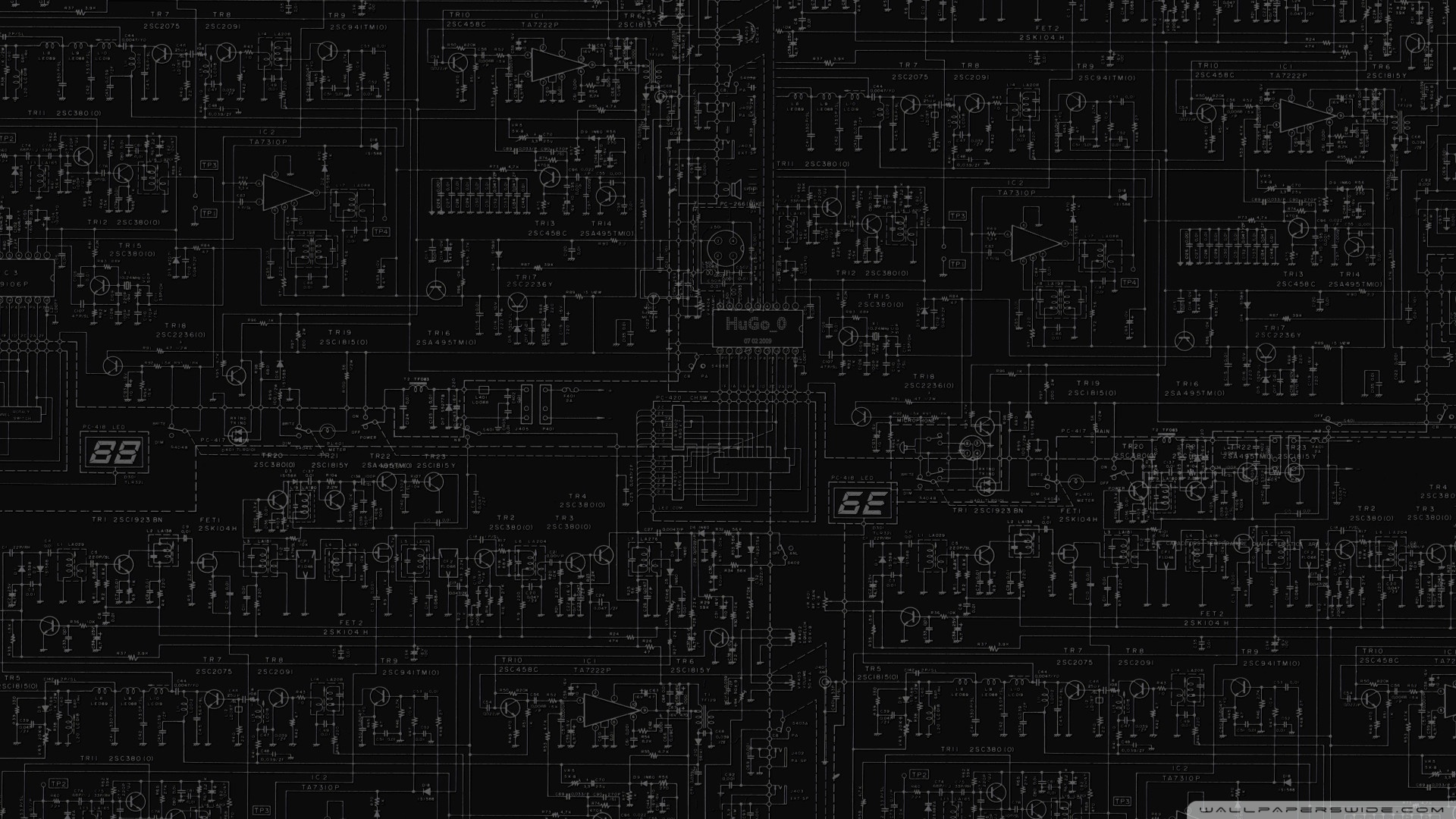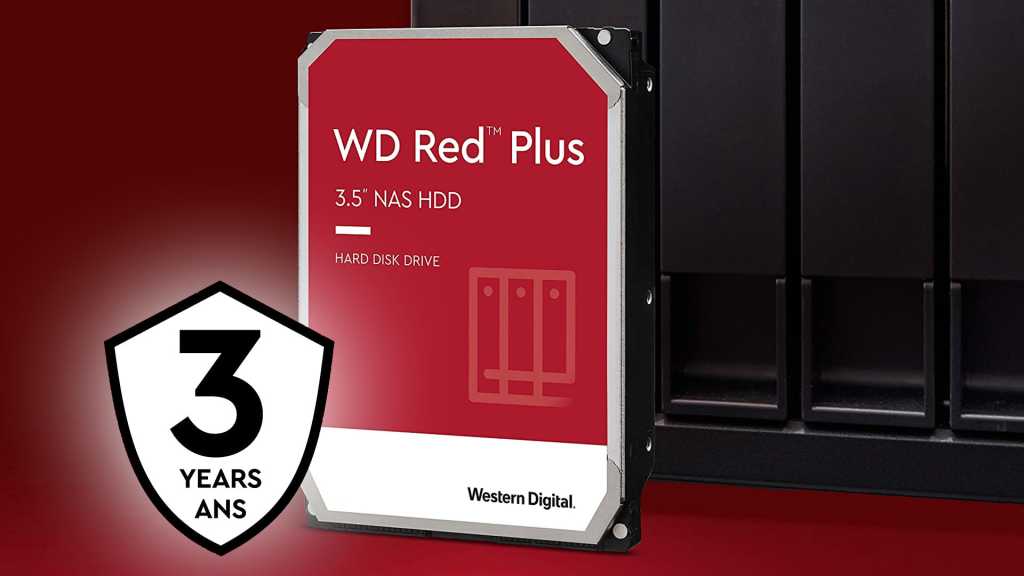All good advice above. You need to understand your use cases though. If you're using the NAS for storage, or if you intend to edit off the NAS are two very different use cases and they will have a big difference in cost. The upgrade from a normal 1G to 2.5G network can also have a noticeable improvement, but something that you can invest in later.
A 4 disk RAIDz2 configuration can easily saturate a 1Gb link for a single user.
If you can, try to get 5400RPM drives. The difference in the seek times between 5400 and 7200 isn't noticeable, but the amount of heat is (and heat kills drives). Unless you have AC

. "NAS rated" 5400 drives are quite difficult to come by, I think only WD does them.
You max budget is also pretty tight. To get to about 20T with some redundancy:
3 x 12T (24 + 1 parity, minus losses) ~ 3 x R 5800 ~~ R17 400
5 x 6T (24 + 1 parity, minus losses) ! 6 x R3800 ~~ R22 800
... and you haven't got anything to put them in yet.
However, those are RAIDz1 configurations, RAIDz2 is recommended, so you end up with:
4 x 10Tb ~~R22k
6 x 6TB ~~ R27k
I'd recommend factoring in 2.5G networking, as previously mentioned, it is cost effective, but you would ideally want to factor in a switch if you don't/can't run a direct cable.
For NAS hardware, also consider the overall IDLE power consumption. Trying to keep an ex-desktop machine running during loadshedding (unless you have solar+batteries, etc) just gets annoying when something much lighter will do.








